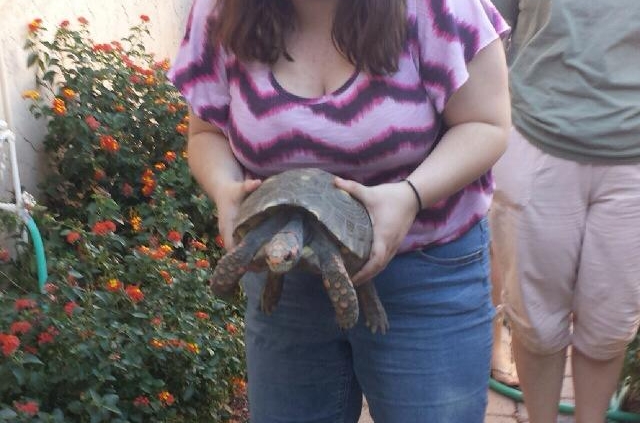No Longer a Child
Broken.
That is the best way I can describe myself when I was in the throes of binge eating disorder and, later, bulimia: utterly broken. I started binge eating around the age of eight, and I can never fully undo the damage it has done in my life. I eventually came to the point where I had no self esteem, and I was turning to anything and anyone who could help fix me. I put a lot of pressure on the relationships and the people in my life. Then, in ninth grade, I taught myself how to purge.
I struggled with an on-again off-again relationship with bulimia for almost three years. It was the worst during the middle portion of my junior year of high school. I fought with myself daily, and at this point, recovery seemed like too far of a reach. I was worn down by this disorder and I seemed to be barely holding on.
My eating disorder began to wreak havoc on my mental and physical health, my grades, and my personal relationships. I began to block people out and was very selfish during this time. I lied to my family and friends about my mental state and the severity of my disorder everyday. While prior to and after this time I had always hated conflict, during my battle with bulimia and the initial stages of recovery I seemed to revel in it. I verbally attacked people I had been friends with and I became extremely short tempered. I was so damaged that I could not see past my own road block which was my poor body image and my eating disorder.
I ended up going to therapy on a more regular basis than I had been, and I made strides with my counselor. We really got to the root of the problem and were able to work up from there. While I did not tell her everything, although I should have, we really did grasp a basis for why this had affected my life so immensely and were able to create a plan to combat things from getting any worse. I remember one day specifically sitting in her office sobbing because I could not vocalize how things became so bad or how to fix them. We worked with that pain and moved up from there.
I lied to people for so long about the cause and the severity of my disorder. Lies do not do anyone any favors. Pretending to be fine does not help and it does not work. While I know my family loves me immensely, I would be lying if I said the relationship my family had with food and taught me to have with food did not contribute to my bulimia. My parents essentially taught me to fear food, fear weight gain and fear junk food. As a result, I began to fear eating in front of them and sneaked snacks into my room. They caused me to fear being fat, so I had a surreal amount of shame associated with these episodes of binging. Their intentions were good: they did not want me to end up overweight with health problems, since weight issues run in the family. However, the way they affected my relationship with food probably did more harm than good.
Currently, I am eight months into recovery. I would be lying if I said it was easy. I would be lying if I said that I had not relapsed on prior attempts to overcome this disorder. I would be lying if I said relapse is not still a real threat some days. I lied to people for so long, even after my relapses. But lying only breeds shame. If I am able to step out of my darkest days and tell people I am not always okay, then maybe others will begin to do the same.
Finally, I know in the eating disorder and mental health community, there is a fairly large difference between recovering survivors and those fully in recovery or remission. I consider the difference this way: you are recovering when those voices are in your head, and you talk back to them. You are in full recovery when, most days, you are able to tune the voices out. I am still recovering because I have trained myself to respond to the voices of my eating disorder with “I am stronger than you.”




